Water leaking in condominium apartment from upstairs. Who should repair?
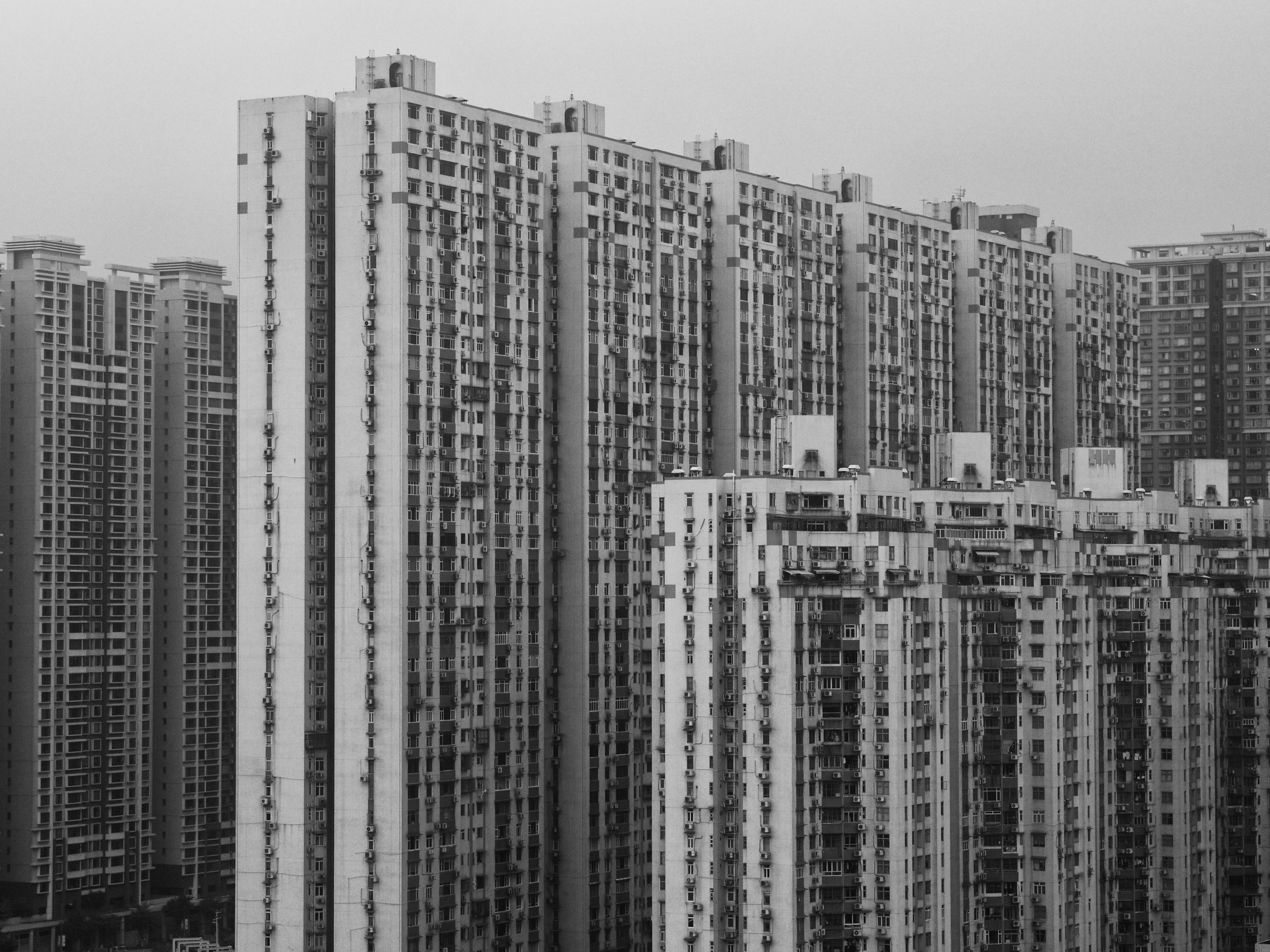
For these few years Catherine, her husband and their two kids have to suffer leakages from their ceiling, water dripping into the kitchen and balcony of the condominium. What can high rise building owners do when facing waterproofing failures such as these?
After purchasing their dream condominium 3 years ago in the heart of Kuala Lumpur, it slowly turns to a nightmare once they’ve discovered ceiling leaks from the unit above.
“The leaking creates yellowish water marks on the ceiling, and on top of that the mould start forming around which looks horrible as well health hazards,” said Catherine.
Some of the furniture is partially damage due to the leakage.
Catherine able to identify the leakages cause, which she able to pinpoint from the unit above, however the neighbour deny and do not want to pay for the cost of the repair. Catherine ended up paying for the whole repair.
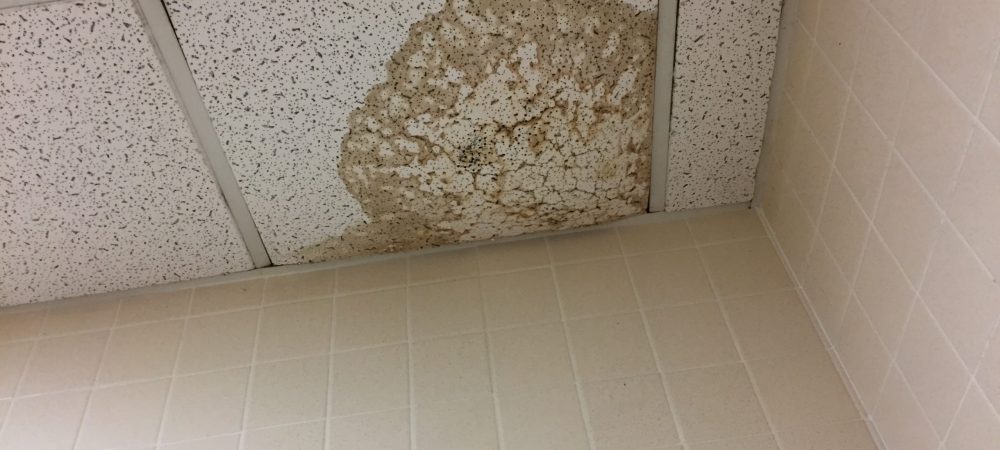
Condominium ceiling leaking from upstairs is a common occurrence
The issues that Catherine and her family going through is not uncommon, and many high-rise buildings occupants can associate with.
What to do if it happens to you?
When a leakage of inter floor discovered, proprietor of the affected property should give a notification to either
- The developer – if the property is within the Defect Liability Period (DLP) or within 24 months upon vacant possession as per stated in Sales and Purchase Agreement (S&P) OR
- The management body for the building – for owners of older properties or subsale homes.
The developer or management body will have to arrange an inspection of the leakage as quickly as possible, or not more than seven days upon receiving.
“Under the Strata Management (Maintenance and Management) Regulations 2015, inter-floor leakage means dampness, humidity or water infiltration on the ceiling or any furnishing attached to the ceiling, which forms part of the interior of a unit or common property,”
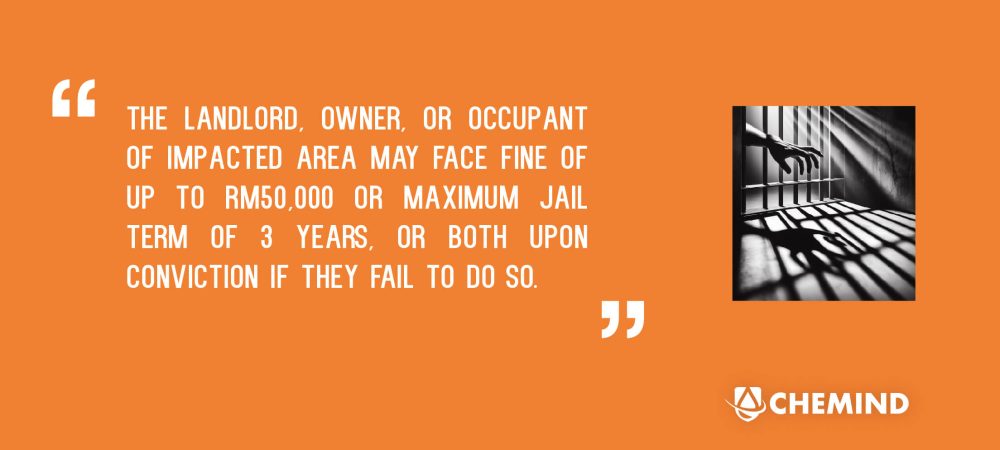
What if my neighbour doesn’t want to let anyone do an inspection?
Owner for the impacted unit is compelled to allow access for checking no longer than seven days of written notification given.
The landlord, owner, or occupant of impacted area may face fine of up to RM50,000 or maximum jail term of 3 years, or both upon conviction if they fail to do so.
Management body will issue Certificate of Inspection once the unit been inspected, where it will highlight the source of the leakage and the party accountable for the restoration of the issue. All these will happen within after 5 days of inspection
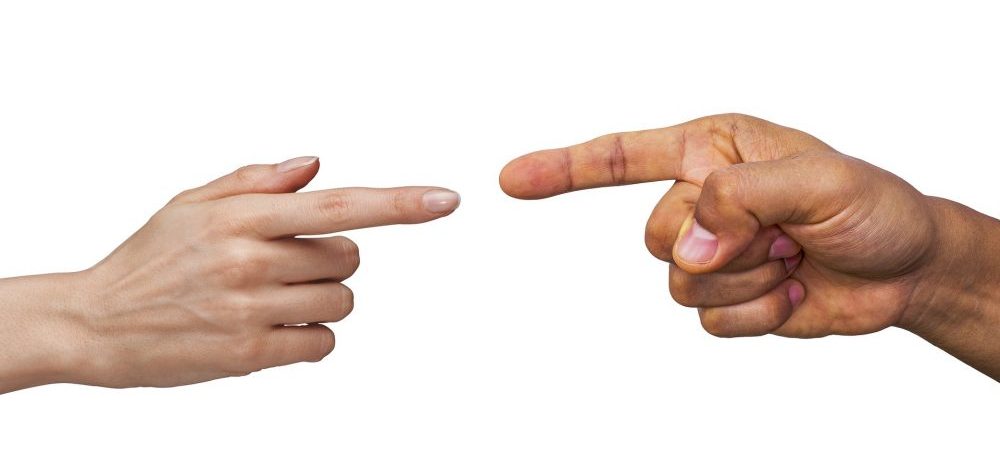
Who pays for the waterproofing rectification works?
The inspection will decide who pays for the rectification works. Most of the time will be the top unit owner, developer or the building’s management body. These are the regulations to determine which one is responsible for the repair work of inter-floor leaking.
- Under the Strate Management Act 2013, if there’s a leakage on the ceiling, then such leakage will be presume to be from the upper floor unless the owner can prove otherwise.
- If the leakage derived from structures that provides multiple unit it will be classified as common property’s defects.
- If the leakage from structures that provide to a single unit it will be classified as defect of that unit itself.
What should I do if my neighour doesn't agree with the result of inspection?
In a situation where any party is not satisfied with the findings made by the management body after investigation, the case can be transferred to the Commissioner of Buildings.
The Commissioner of Buildings then decide the cause of the inter-floor leakage and the party accountable for the repair works. The commissioner decision must be complied by all parties.
Commissioner could choose a registered architect, engineer or relevant parties to assist in verifying the source of the leakage. The cost of the appointment will be bear by the party responsible for the rectification work.

How soon the responsible party must fix the leaking?
Upon deciding the unit owner responsible for the rectification, the party must take all required steps to solve the leaking within seven days upon receiving the Certificate of Inspection. If the party fail to do the rectification work, management body may take over to do the rectification work first, and then charge the owner for all of the cost and expenses.
Additionally, the owner have the right to get reimbursement from various parties for the rectification works.
Does the liable party need to repair leak damage caused to the lower unit also?
The rules does not state that the repair works need to be made by what extend. It only suggests that the liable party need to do rectifying works to fix inter-floor leakage and restore the affected unit to its original condition prior to the damage.
Who do I approach to seek reimbursement for the damages to my unit?
If you recently purchased a condominium, SOHO, or apartment unit that is still under the defect liability period, you can file a claim with the developer.
If your unit is no longer covered by the defect liability period and the damages are due to water leakage from the unit above yours, you can seek reimbursement from the owner of that unit. However, this process is often challenging.
Alternatively, you can approach the management of the building to file for reimbursement, and they will pursue the claim from the neighbor upstairs.
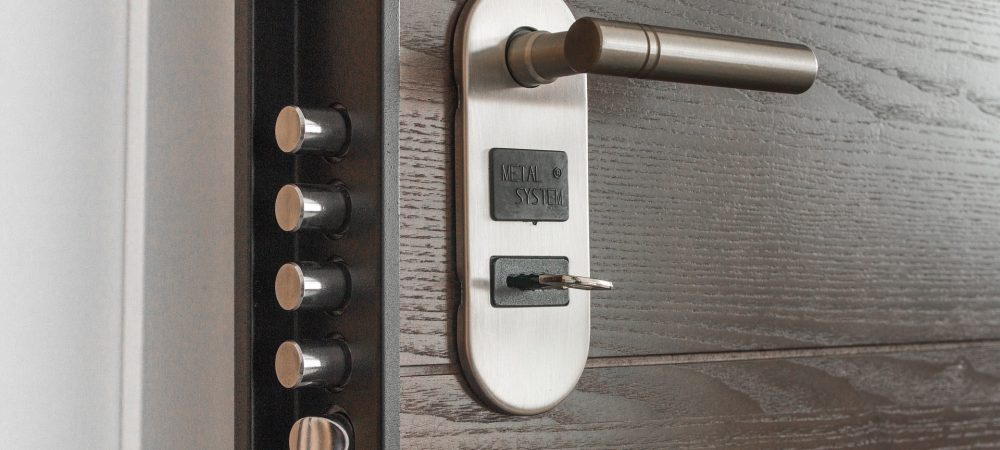
What if the leaking is in a new property?
If the property is still within defect liability period – within 24 months period.
If the leakage is due to failure of common property, owner will need to file a claim towards Common Property Defects Account. If the leakage is due to a defect inside the unit, the owner will need to file a claim against the developer, who will be responsible for the repair works. Defect such as these are due to poor workmanship or construction not according plans.
After rectification is completed, if leakage still occurs after the defect liability period is over, owner have to inform the management body.
In conclusion
Staying in high rise building such as apartments and condos have its pros and cons, and leaking is one of the risk. However, regulations and acts is there to protect home owners and tenants if cases like these surface. Regardless whoever is responsible for the leakage, always be cooperative and solve the problem together with your neighbours and the management body.
